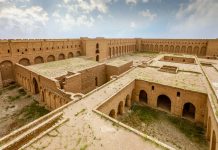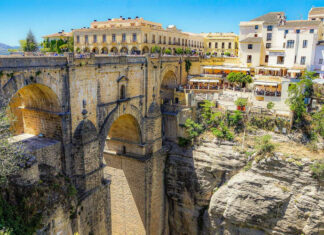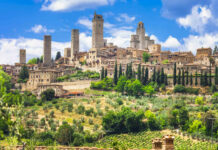Crete
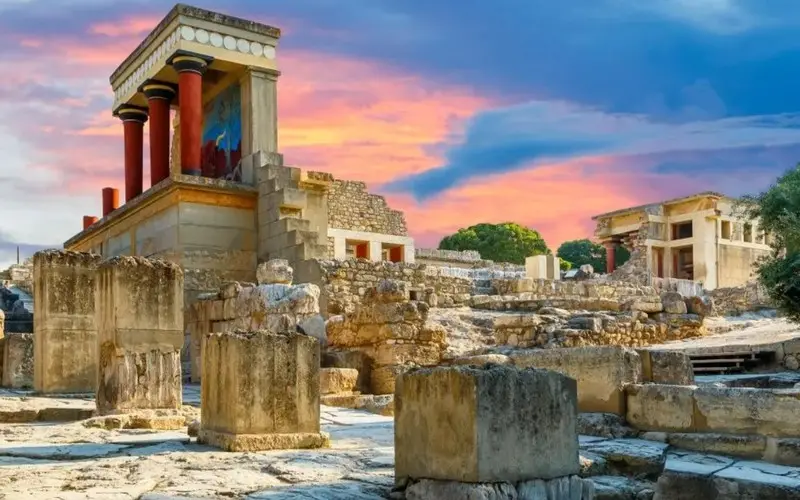
Crete, the largest of the Greek islands, is often considered the birthplace of the Minoan civilization. The ruins of the Palace of Knossos, a labyrinthine archaeological site, offer insight into the advanced culture that thrived here around 2000 BC. History buffs can also explore the ancient city of Gortyn and the Venetian fortifications in Heraklion, making Crete a prime destination for those passionate about the past.
Delos
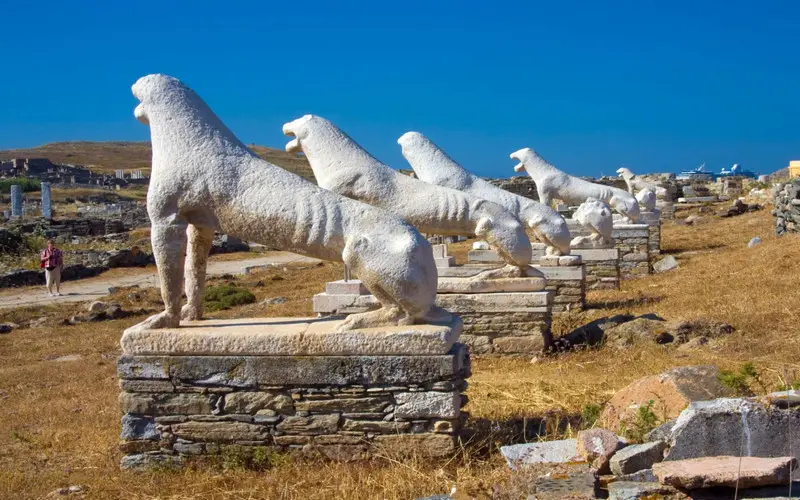
Delos, a tiny island in the Cyclades, is known as the sacred birthplace of Apollo and Artemis. The entire island is an archaeological site, and it is an open-air museum that transports visitors to ancient Greece. Wander through the grand Avenue of the Lions, visit the House of Cleopatra, and marvel at the Temple of Isis. Delos offers a glimpse into the religious and cultural life of the ancient Greeks.
Rhodes
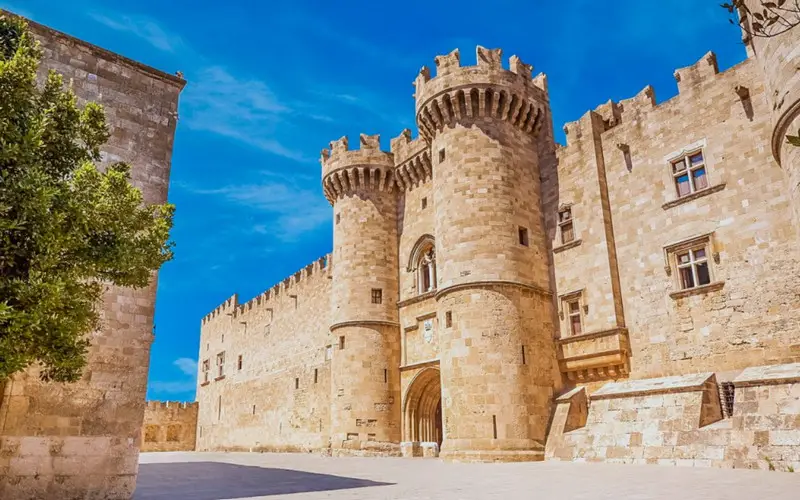
The island of Rhodes is steeped in history, with the impressive medieval Old Town of Rhodes City being a UNESCO World Heritage site. The Knights of Saint John constructed the awe-inspiring Palace of the Grand Master, which now houses a museum. The island also features well-preserved ancient ruins, such as the Acropolis of Rhodes, making it a must-visit for history enthusiasts.
Santorini

While famous for its stunning sunsets and caldera views, Santorini also has a rich history. Akrotiri, often referred to as the “Minoan Pompeii,” is an ancient Minoan city buried beneath volcanic ash. Excavations have revealed remarkably preserved frescoes and artifacts that shed light on the island’s ancient past. Santorini’s history extends to the Byzantine era, with churches and monasteries dotting the landscape.
Naxos
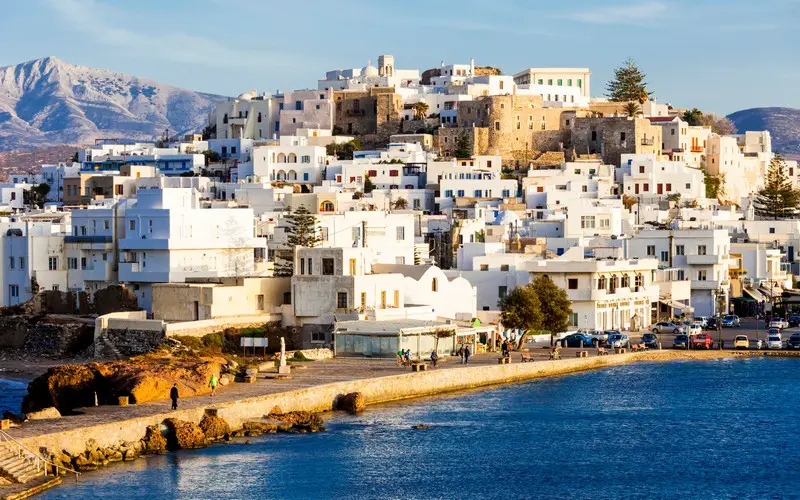
Naxos boasts a history that spans thousands of years, from the ancient Greeks to the Byzantines and Venetians. The island’s port town, Naxos Town, features a Venetian-era castle, and the Temple of Apollo is an imposing ancient site. Explore the Kastro district and the Archaeological Museum for an in-depth look at Naxos’ rich history.
Paros
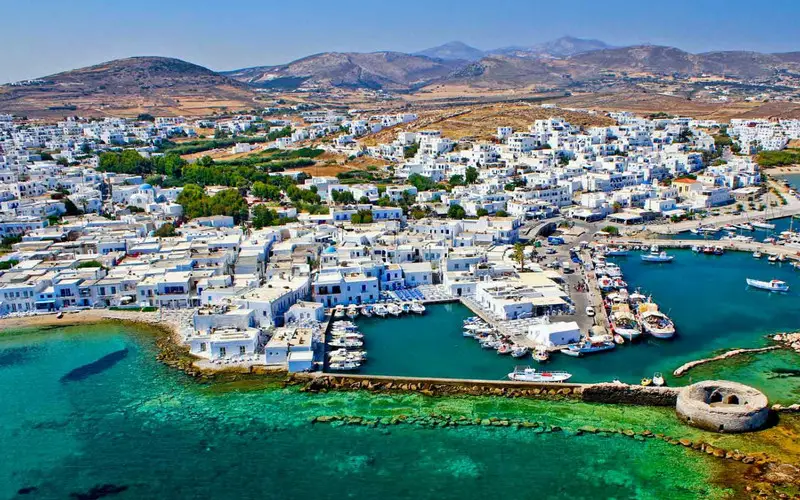
Paros, often overshadowed by its more famous neighbors, is a hidden gem for history buffs. The island is known for its charming villages and pristine beaches, but it also offers a glimpse into its past. Visit the Byzantine-era Panagia Ekatontapiliani Church and the historic fishing village of Naoussa for a taste of Paros’ history.
Samos
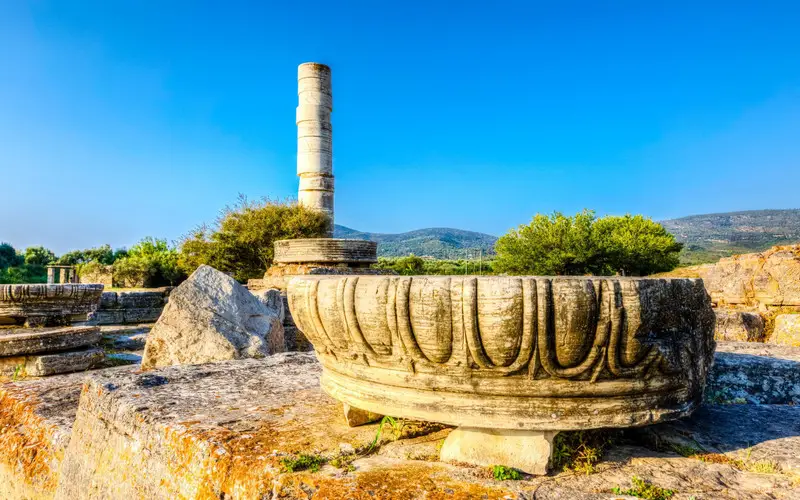
Samos, the birthplace of Pythagoras, has a storied past that dates back to ancient times. The island’s Heraion, a temple dedicated to the goddess Hera, is a UNESCO World Heritage site. Additionally, the Archaeological Museum of Samos houses a fascinating collection of artifacts that provide insight into the island’s history.





